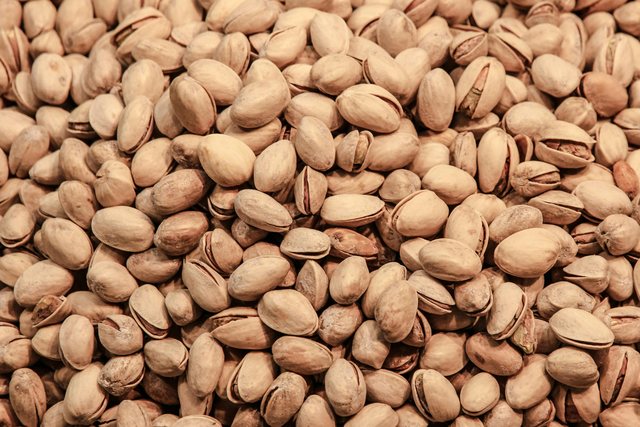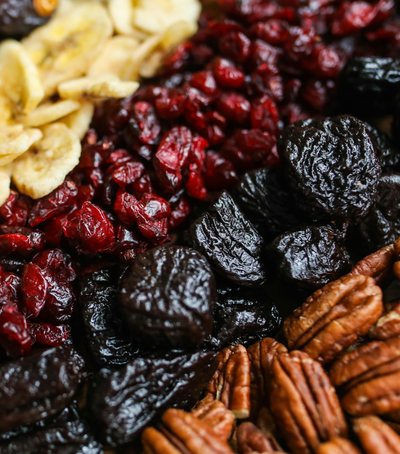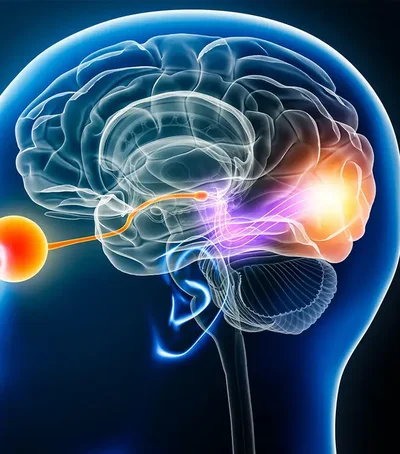
To give the brain the right "fuel", it's worth building diets that combine healthy fats, antioxidants, B vitamins, minerals like magnesium, and ingredients that promote calm without weakening alertness.
Here are the main foods and why they work:
Eggs are an excellent source of choline, a precursor to acetylcholine—a neurotransmitter linked to memory and mood. Regular consumption (e.g., one egg per day) has been linked to improved cognitive health and a reduced risk of dementia in the long term, due to the combination of choline, B12, lutein, and protein.
Green leafy vegetables (like spinach, kale, broccoli) contain vitamin K, lutein, folate, and beta-carotene that help slow cognitive decline and protect the brain from oxidative stress.
Nuts and seeds (especially walnuts, flaxseeds, pumpkin seeds) provide omega-3 plant fats, vitamin E, and antioxidants that reduce inflammation and protect nerve cells. A small handful as a snack or mixed into breakfast cereal boosts mental function.
Healthy, low-carb grains like brown rice, quinoa, and whole grains provide sustained energy for the brain through complex carbohydrates that stabilize blood sugar and improve concentration.
Fatty fish (salmon, sardines, etc.) are a rich source of EPA/DHA, omega-3 fatty acids that enhance neuronal communication, reduce inflammation, and improve memory and focus.
Blueberries, berries are packed with flavonoids that improve memory and slow age-related mental decline by protecting against oxidative stress.
Turmeric (curcumin) has anti-inflammatory and neuroprotective properties; mix it with a little black pepper to increase absorption and add it to smoothies, teas, or dishes for a mild soothing and protective effect.
Green tea and coffee in moderation provide caffeine combined with antioxidants that increase attention and alertness without the "robbery" of energy (when used in moderation).
Healthy fats like avocado and good oils (e.g. olive oil) support blood flow and nerve membrane structure; a Mediterranean diet that uses these as a foundation is linked to better mental function and emotional calm.
Fermented dairy products (like natural yogurt) help balance the intestinal microbiota that influences the gut-brain axis, contributing to a more stable mood and reduced anxiety.
How to incorporate them into your day:
1. Breakfast: omelet with spinach and chopped walnuts, a slice of wholemeal bread + blueberries.
2. Snack: a handful of nuts and seeds or a yogurt with fresh fruit.
3. Lunch: green leafy salad, baked salmon, avocado, and an olive spread.
4. Afternoon: green tea or a light coffee + some berries.
5. Dinner: brown rice with fermented vegetables, a piece of fish, a pinch of turmeric in soup or sauce.
Additional tips: Stay hydrated (water is essential for neuronal signaling), limit refined sugars and highly processed foods that disrupt energy stability and increase inflammation.
If necessary (e.g. obvious deficiency of B vitamins or omega-3), discuss with a doctor before starting supplementation; whole foods remain the priority.
Photo Credits (Pixabay):
https://www.pexels.com/photo/brown-peanut-52521/





